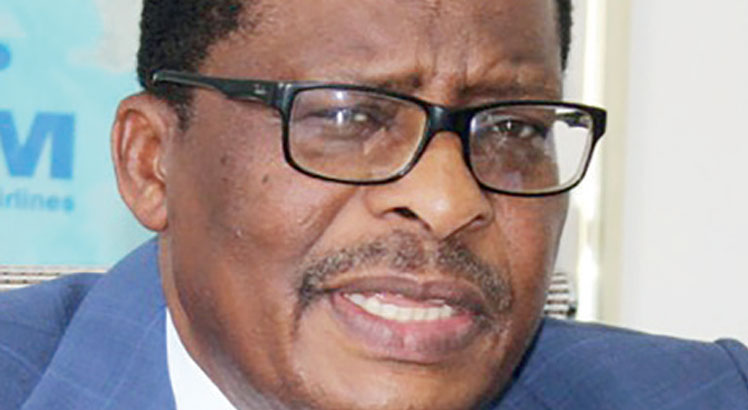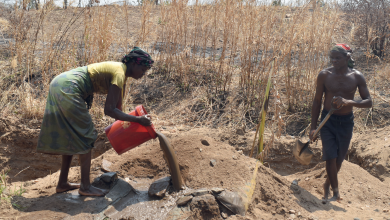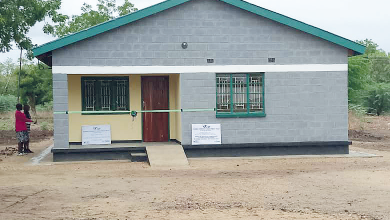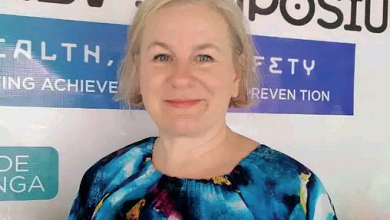Kamuzu Chibambo says ‘Sattar’ ruling bad precedent
Politician-cum-lawyer Kamuzu Chibambo has described the Malawi Supreme Court of Appeal judgement which blocked the Anti-Corruption Bureau (ACB) from using UK evidence in businessperson Zuneth Sattar-linked cases as a “dangerous precedent”.
The opposition People’s Transformation Party (Petra) president said this yesterday in reaction to The Nation story in which the US Embassy head of mission Amy Diaz faulted the court’s ruling stopping ACB from using evidence gathered by UK’s National Crimes Agency (NCA) in local courts as “out of norm”.
Chibambo argued that the ruling ignored clear evidence of the ACB’s efforts to seek cooperation through the Attorney General’s office and obtain mutual legal assistance from NCA which was never granted.

work that way | Nation
“The Supreme Court failed to recognise the efforts made by the ACB. A whole commission of inquiry recorded evidence showing that the bureau reached out to the Attorney General. The court ought to have been alive to that,” he said.
Chibambo defended the use of the “illegally obtained evidence” through secret recording, saying certain crimes demand unconventional methods of investigation.
He said: “It is the nature of the offence. Sometimes you need such methods to obtain critical evidence. If you heard someone plotting to assassinate the President, would you ask for permission to record them? It doesn’t work that way. The NCA acted appropriately in recording conversations secretly for the sake of justice.”
The ACB is on record as having told a commission of inquiry that was investigating the arrest of former director Martha Chizuma, that they submitted a request to Attorney General Thabo Chakaka Nyirenda who could not grant them their wish.
The inquiry report quoted former ACB deputy director Elias Bodole as having stated that.
Chibambo also expressed frustration with what he described as Malawi Law Society (MLS) silence on what he calls “outrageous decision from the apex court”.
“I am surprised that the Malawi Law Society has gone silent on the crucial matters happening in this country. I am calling upon the current president of the society to wake up. If he wants to keep that position, then he should be relevant to what is happening in the country,” he said.
Responding to The Nation questionnaire on concerns from the US envoy, Judiciary spokesperson Ruth Mputeni said the institution recognises the public’s right to hold and express opinions on judicial decisions, but would not engage in commentary.
“As the Judiciary, we respect the diverse opinions and reactions that may arise from court rulings. Everyone is entitled to their opinion. However, we cannot offer justifications or commentary beyond what is contained in the ruling. We are bound by the content clearly stated in the actual ruling,” she said.
Both the ACB and Ministry of justice have not commented on the matter.





